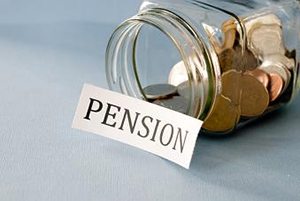The self-employed are falling through cracks in pension rules as the number contributing to a personal pension has plunged by two thirds in a decade.
Research by think tank the Resolution Foundation reveals that huge numbers of the self-employed have stopped contributing to a pension or do not have one at all.
In 2012-13, says the foundation, 27% of self-employed worked had an active personal pension compared to half of employed workers, while only one in five self-employed women had an active pension.
Figures from pension providers and the government show that the number of self-employed with pensions slipped from 1.1 million in 2001-02 to half a million in 2012, but the number of self-employed workers increased by 900,000 over the same time.
The report says that too many self-employed workers have stopped contributing to their pensions, while the newly self-employed are not saving into pensions.
Squeezed incomes
“The reason for this is their incomes have been squeezed during the recession and they had no spare money to save,” said a spokesman for the think tank.
“Hopefully, the improving economy will encourage some of these workers to start putting money back into a pension scheme.”
Around 41% said they can’t afford to save for a pension, said the spokesman.
The foundation also argued that although they would like to see more encouragement for the self-employed to have pensions, savings were falling away before the crash, so improving incomes may not be enough to persuade them to start saving again.
The report also pointed out that the self-employed think differently about saving for retirement from employed workers.
Cash flow worries
Many prefer to keep their cash in accessible ISAs even though they do not receive tax breaks on their savings. This gives them liquid cash if they need the money to bolster their business or personal spending in hard times.
A lot of self-employed workers also consider they may have a business to sell on retirement that will fund their later years, so do not have the same stress of saving into a pension as ordinary workers.
“These may well be valid reasons for not contributing to a pension,” said a spokesman for the foundation. “However these options are leaving financial matters to chance and should be thought of as extra forms of income rather than the only or main source.”
